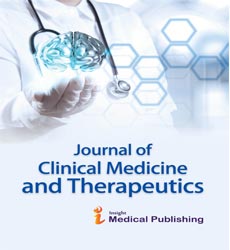The Role of Host Genetic Variability in the Development and Establishment
Abstract
Studies have shown that human microbiome plays important roles in physiology, from food digestion to mental diseases. Since the gut microbiome composes the highest number of microbial cells outnumbering even our own cell counts, it is expected that the gut microbiome would aï¬?ect a great deal of human biological functions. This makes the gut microbiome key to maintain homeostasis in the various biological levels where there are constant and active interactions between microbes, tissue, cells and molecules. The structure of the gut microbiota is shaped by many factors, including host genetics. Understanding how these factors determine the microbiome during the development and establishment of the gut microbiota at early stages of human life is crucial to infer biological and pathological microbiome composition. The purpose of this study is to apply tools of bioinformatics to process and analyse data samples of feces of triplet babies in order to verify host genetic associations with gut microbiome during the ï¬ÂÂÂrst 3 years of the babies lives.
Open Access Journals
- Aquaculture & Veterinary Science
- Chemistry & Chemical Sciences
- Clinical Sciences
- Engineering
- General Science
- Genetics & Molecular Biology
- Health Care & Nursing
- Immunology & Microbiology
- Materials Science
- Mathematics & Physics
- Medical Sciences
- Neurology & Psychiatry
- Oncology & Cancer Science
- Pharmaceutical Sciences
